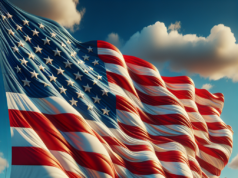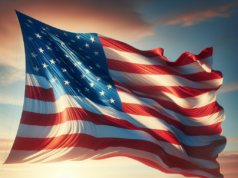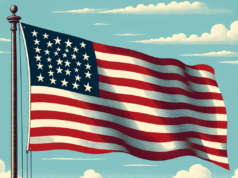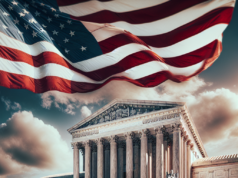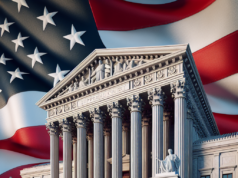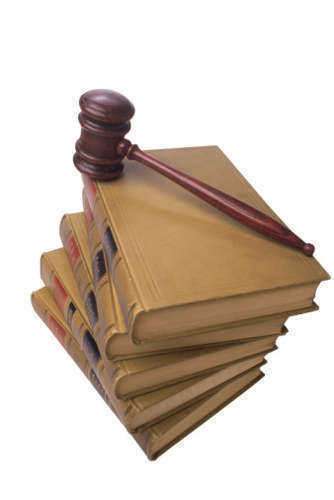
Harper & Row v. Nation Enterprises
In 1974, the country was shocked by the recent Watergate scandal and the disgraced President Nixon. Gerald Ford had been Nixon's vice president after the resignation of Spiro Agnew, and became the 38th president of the United States after Nixon himself resigned due to Watergate. Three years later, in 1977, Ford began to shop his memoirs to publishers after being unsuccessful in his re-election bid. He didn't know that those memoirs would lead to Harper & Row v. Nation Enterprises, a 1985 Supreme Court case that pitted fair use arguments against rights of first publication in a pitched battle between two news magazines.
The Ford Memoir Battle
Harper & Row successfully outbid several other publishers to get the Ford memoir contract. Part of this contract was that Harper & Row maintained exclusive first serial rights for any excerpts that were published before the publication of the book itself.
Harper & Row chose to exercise this right by contracting with Time magazine, which in 1979 purchased the rights to excerpt a portion of the memoir dealing with Ford's presidential pardon for Nixon after the latter resigned. Time's excerpt was to be 7,500 words, and they paid $12,500 upfront at the time of signing the contract, with another $12,500 due at the time of publication. At the time when Time agreed to this contract, they did not know that a staff member at rival news magazine The Nation had obtained a copy of the manuscript and planned to excerpt substantial portions for an article.
When The Nation ran its story on the memoirs, which included several hundred words of quotes and over a thousand words of commentary, it came out just weeks before Time was set to run their own excerpt. Because they had been scooped and the story was no longer as valuable, Time refused to run the excerpt or pay the $12,500 due at publication. Harper & Row filed suit—not against Time, but against The Nation, for running so many quotes from the memoir without permission.
The Nation's Fair Use Argument
The Nation won at the Circuit Court level, after judges ruled that the quotes run in the magazine were within the bounds of fair use under U.S. copyright law. According to the Circuit Court's ruling, The Nation had been acting within its rights as a journalistic entity, and was reporting on a matter of vital public interest when it quoted sections of Ford's memoir dealing with the Nixon pardon.
What Determines Fair Use?
The Supreme Court applied a four part test in Harper & Row v. Nation Enterprises to determine whether The Nation's use of Ford's memoir quotes was fair use. The first test is whether the work is being published for commercial or non-commercial uses? While The Nation had argued that their journalism was being released due to its importance to the nation, the timing of the publication certainly made it look much more like they were just scooping a competitor—a commercial decision, the Supreme Court ruled.
The second factor is what kind of work is being published. Because Ford had not yet published the memoir, the Court ruled that he still maintained right of first publication. The third prong is how much has been reprinted—the court said it was substantial. The fourth test is whether it actually caused damages, and it of course did. Based on these four tests, the Supreme Court decided in Harper & Row v. Nation Enterprises that The Nation was required to pay damages.


